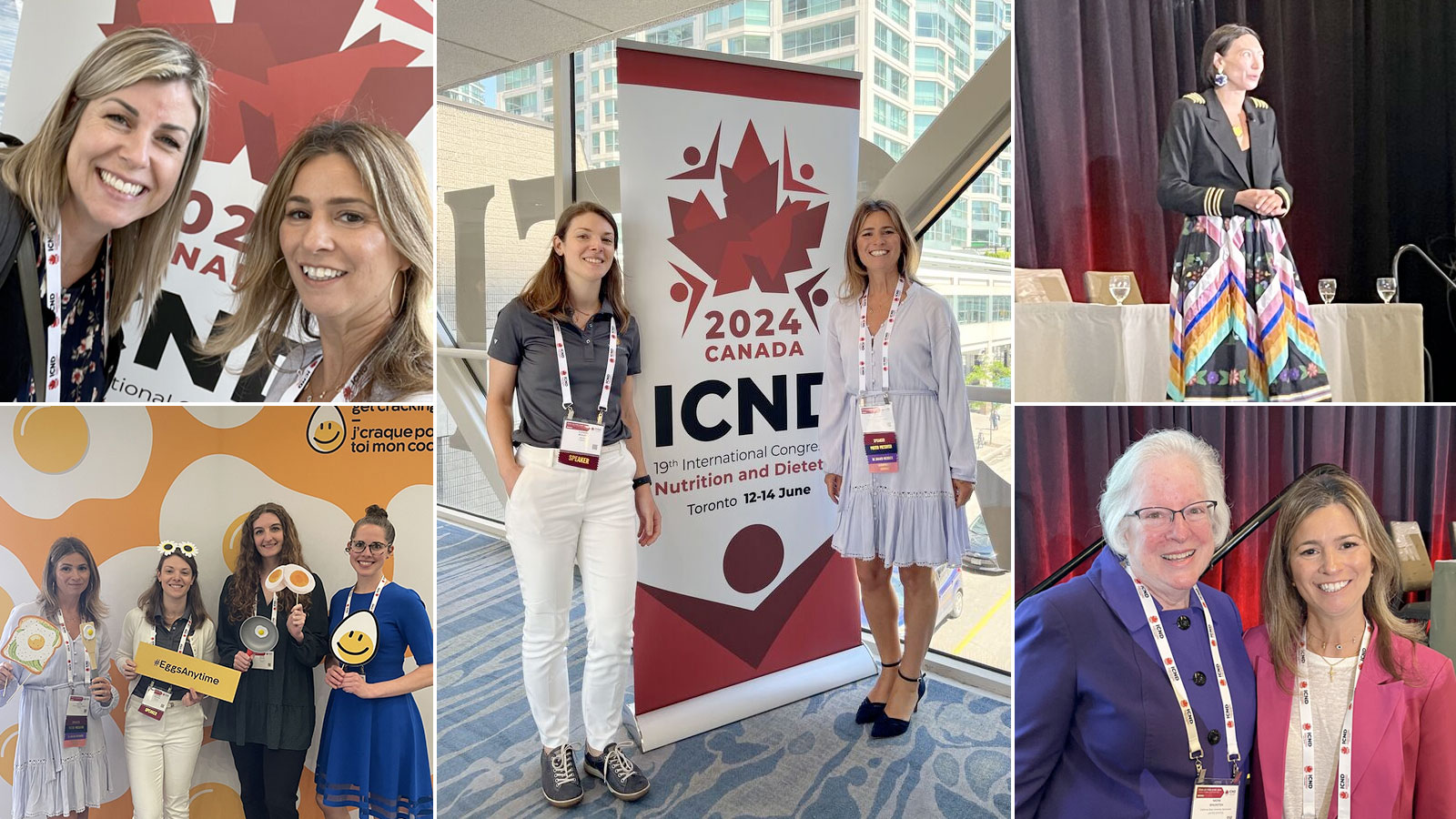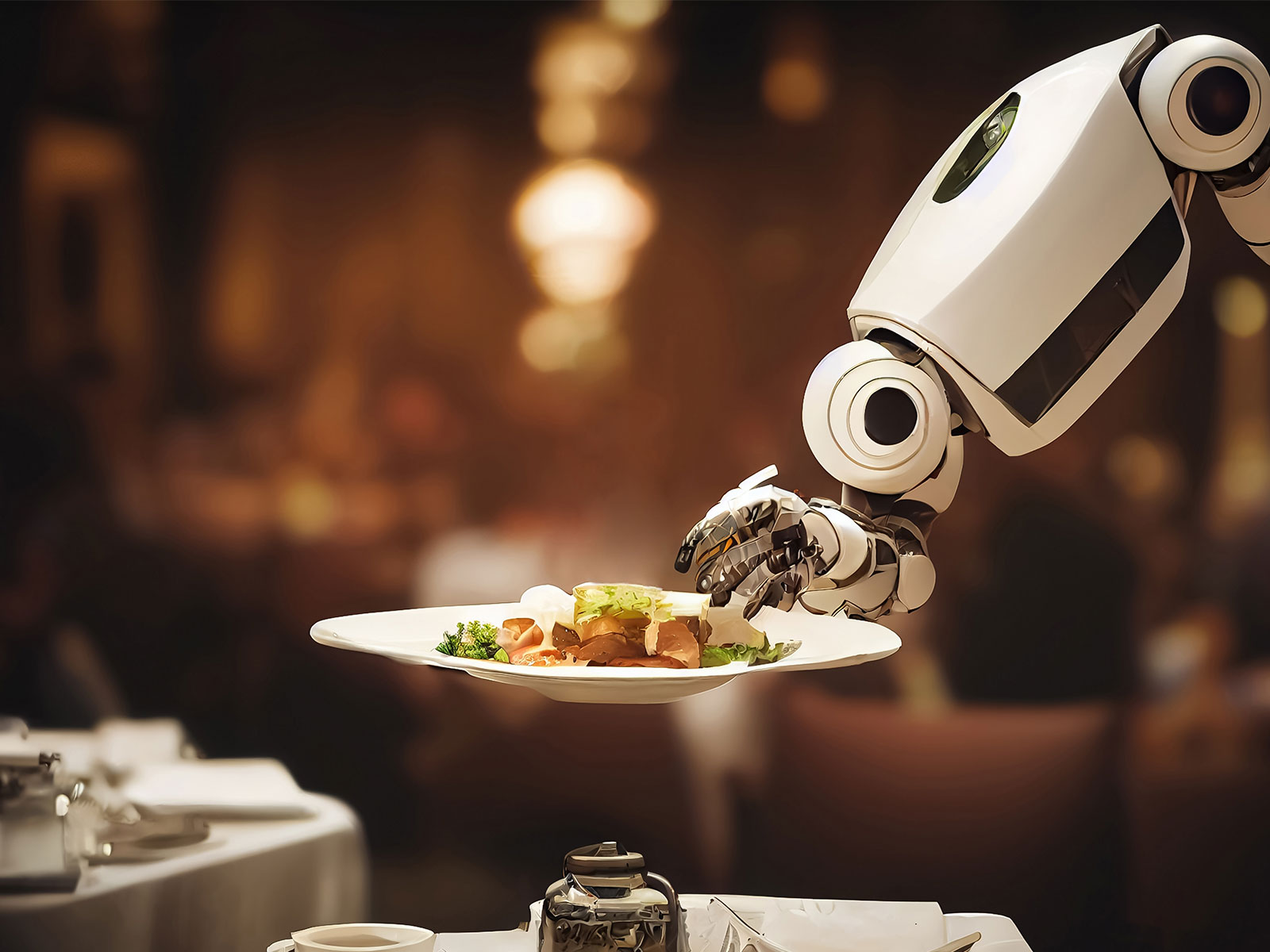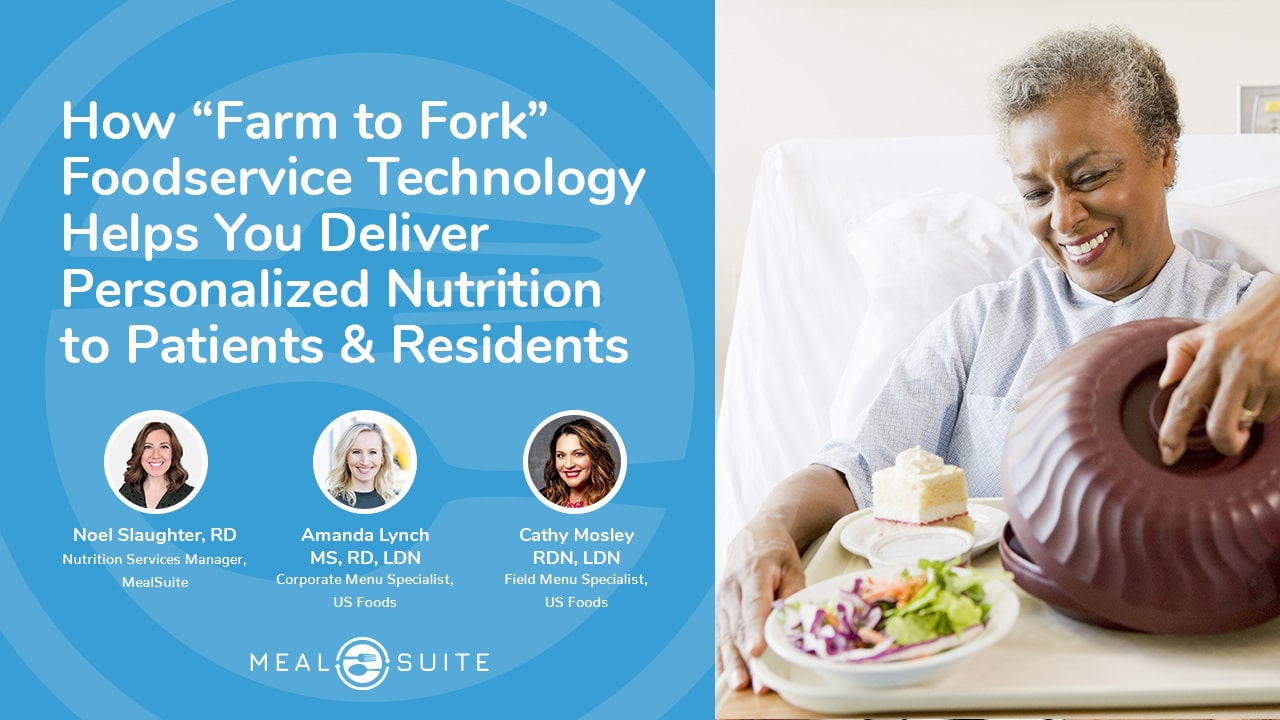
A Dietitian's Reflections from ICND 2024: The Benefits (and Uncertainties) Of Artificial Intelligence in Our Industry

The International Congress on Nutrition and Dietetics (ICND) 2024 in Toronto was a phenomenal gathering of professionals, scholars, and dietetic enthusiasts from across the globe. As both an attendee, a DC Board member and a speaker, I had the unique opportunity to immerse myself in the vibrant energy and wealth of knowledge that characterized this year’s conference.
I had the privilege of presenting on two main topics: Unleashing the AI's Power in Foodservice and Nutrition and Beyond the Plate: Dietitians in Non-Traditional Roles, which highlighted our profession's evolution from traditional roles to diverse, innovative careers in sectors such as software Product Managers, Directors of Partner Relations, VP's of food distributor Sales Organizations and much more. Additionally, I showcased a poster presentation on Long Term Care's most noted regulatory inspection findings in Food and Nutrition, which drew significant interest and valuable feedback from peers.
However, the highlight of the conference revolved around technology and the evolution of Artificial Intelligence (AI) in our profession. Here are a few of the highlights:
Unleashing AI’s power in foodservice and nutrition
I was thrilled to speak on Unleashing the AI's Power in Foodservice and Nutrition, a topic that garnered significant interest and sparked numerous engaging conversations. The integration of AI in our field is not just a futuristic concept, but a present reality that’s reshaping how we approach menu planning, nutritional analysis, food costing/procurement, nutrient analysis, and personalized dietary recommendations.
Attendees were particularly intrigued by the practical applications of AI, such as the predictive nature for creating nutritionally balanced menus in mere seconds tailored to individual needs with the right prompting. Together, we created a 7-day menu for senior care sites, including IDDSI level 6 compliant and lacto-ovo vegetarian options in 3 minutes. The discussion extended into the ethical considerations within our field, with many expressing both excitement and concern about the rapid advancement of AI technologies.

The future of AI in dietetics and menu planning
AI was undeniably a hot topic throughout the conference, weaving its way into many discussions and presentations. The potential of AI to revolutionize dietetics was a recurring theme, from enhancing precision in dietary recommendations to optimizing foodservice operations. However, alongside the excitement, there was a robust dialogue about ethical practice and maintaining the integrity of our profession.
Key discussions focused on the importance of transparency in AI algorithms, data privacy, setting up appropriate guardrails, and the need for dietitians to stay informed and involved in the development of AI tools to ensure they align with our professional values and standards.
Looking forward, the future of AI in dietetics is bright and full of possibilities. Innovations in AI are poised to make personalized nutrition more accessible and effective, offering tailored dietary advice that considers individual preferences, health conditions, and lifestyle factors. It will remove administrative time from manual tasks, allowing us to be more forward focused with our customers and clients. Dietitians need to determine:
- What manual tasks can be automated?
- What are the tasks that take time but don’t provide as much value?
- How can you minimize food waste and improve food system sustainability using AI?
- Do AI algorithms have the potential to analyze patient/resident data within EHRs to identify patterns and risk factors associated with nutritional deficiencies or malnutrition? (This includes evaluating dietary habits, weight trends, lab results, and medical history)
- Can AI generate real-time alerts for healthcare providers about patients/residents at risk of nutritional problems, prompting timely interventions?
- What if AI could use predictive analytics to forecast potential nutritional issues before they become critical?
AI-driven menu planning is set to become a game-changer, providing dynamic, data-driven insights that can significantly enhance the nutritional quality and appeal of meals.
ICND 2024 was a testament to the dynamic nature of our field and the exciting advancements on the horizon. The conference was not only a platform for sharing knowledge, but also a space for fostering connections and sparking innovative ideas. As I reflect on my experience, I’m inspired by the collective passion and dedication of the food and nutritional professionals present.
The future is indeed bright, and I am grateful to be part of this transformative journey. I look forward to continuing the conversations started at ICND 2024 and exploring the endless possibilities that lie ahead! Connect with me on LinkedIn here to stay in touch!

 HOME
HOME 

